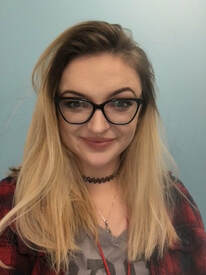
Position: Student Support Counselor at Rainer Valley Leadership Academy in Seattle, Washington.
What led you to your current position? A friend of mine has been working for Seneca, and recommended the position to me.
Fun Fact/Quote: A fun fact about me is that I am related to Evel Knievel but I am terrified of motorcycles.
What does your average day look like? An average day at Rainer Valley Leadership Academy for me looks like, welcoming each student with a fresh start. Checking in with students in the hallway, floating to support classrooms and students as needed, and supporting lunch time and after school activities.
Why do you do this work? I love doing this work because I care about being a consistent listening ear to students, and teaching compassion and coping skills they will use in school and for their future.

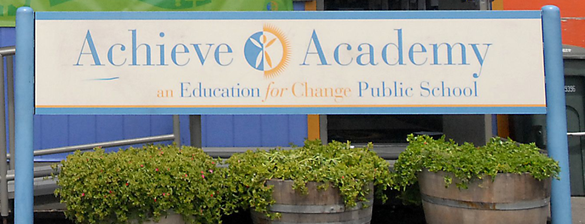
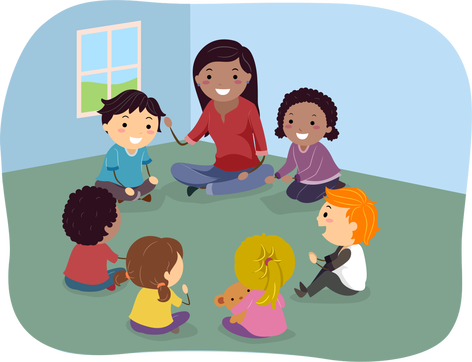
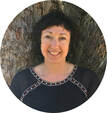
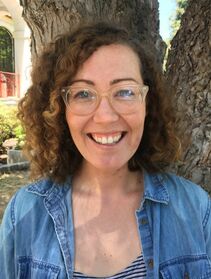



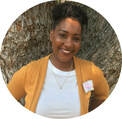
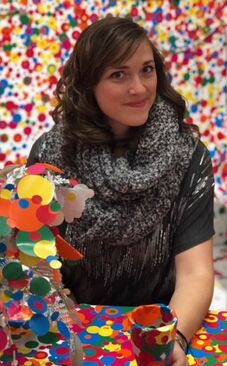


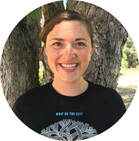
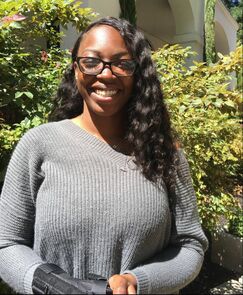

 RSS Feed
RSS Feed